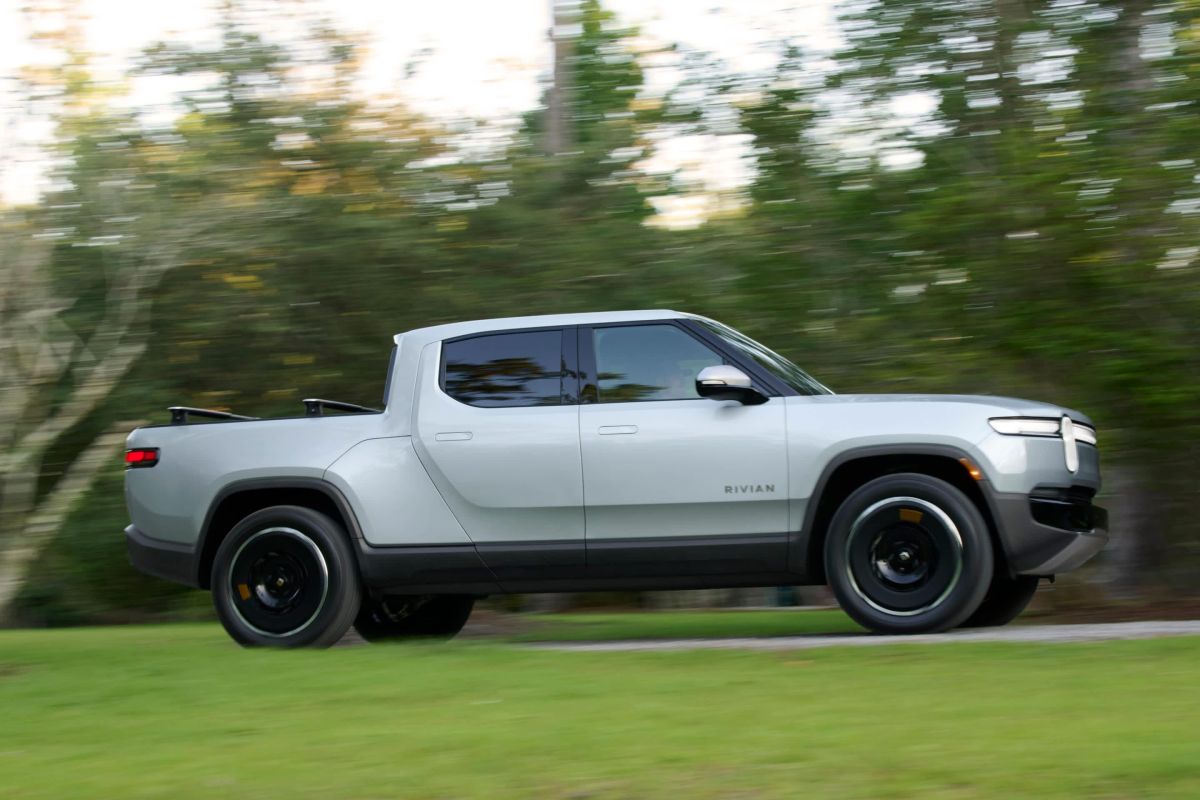On Aug. 4, Rivian filed a federal complaint in the Southern District of Ohio against the state’s Bureau of Motor Vehicles, challenging Ohio’s denial of dealer licenses to manufacturers and the statutory exception that allows Tesla to operate up to three stores. The suit calls the prohibition “irrational in the extreme,” saying it reduces competition and inconveniences buyers who must complete transactions across state lines.
Ohio code directs the registrar to deny a dealer license to “a manufacturer, or a parent company, subsidiary, or affiliated entity of a manufacturer,” with a narrow exception: a manufacturer selling all-electric vehicles in Ohio as of Jan. 1, 2014, may own, operate or control up to three dealerships. This language, enacted via SB 260 in 2014, enabled Tesla to keep two locations and add a third.
Rivian said Ohio already permits it to service vehicles, rent loaners and deliver new cars from out-of-state purchases to in-state service centers, but bars it from consummating a sale in Ohio — an “extraordinary burden” on customers without a legitimate public-interest rationale.
Federal competition agencies have long questioned bans on direct manufacturer sales. The Department of Justice found such prohibitions likely raise distribution costs and harm consumers, advocating elimination of direct-sales bans. The FTC has likewise urged states to reconsider restrictions, stressing that consumers — not regulation — should decide how they buy cars.
Nationally, litigation over direct sales remains active. Tesla just settled its challenge to Louisiana’s direct-sales ban in July, showing states are still recalibrating franchise rules in the EV era.
Rivian operates three Ohio service centers, in Cleveland, Groveport and Sharonville. Purchases by Ohio residents are typically completed through Rivian locations in states that allow direct sales, with vehicles delivered to the Ohio service network.














